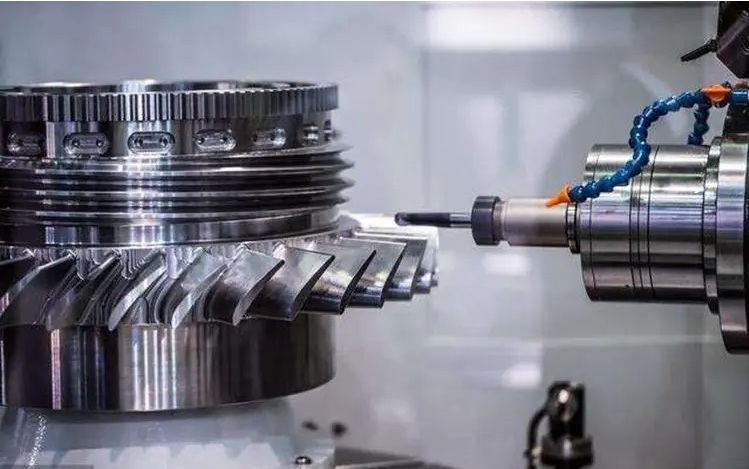Advancing Sustainability: CNC Innovations for Eco-Friendly Manufacturing+ View more
Advancing Sustainability: CNC Innovations for Eco-Friendly Manufacturing
+ View more
Date:2023-12-06 11:36
In the era of sustainability, CNC (Computer Numerical Control) machining has emerged as a pioneering force driving eco-friendly practices within manufacturing. This comprehensive article explores the multifaceted impact of CNC innovations on sustainable manufacturing, highlighting how these advancements foster environmentally conscious practices across industries.

Sustainable Materials and Resource Optimization
CNC machining contributes to sustainability through the utilization of eco-friendly materials and resource optimization strategies. The technology adapts to various sustainable materials, reducing waste and optimizing resource consumption in manufacturing processes.
Precision Engineering and Waste Reduction
The precision offered by CNC machining minimizes material waste. Advanced tooling strategies and optimized machining paths ensure precise cuts, reducing scrap materials and contributing to a more sustainable production cycle.
Energy Efficiency and Reduced Emissions
CNC innovations prioritize energy efficiency. Advanced CNC systems optimize energy consumption during machining operations, resulting in reduced emissions and a smaller carbon footprint in manufacturing facilities.
Recyclability and Circular Economy Practices
CNC technology aligns with circular economy principles by facilitating recyclability. Components produced using CNC machining are often easier to recycle, contributing to a closed-loop system and reducing environmental impact.
Water Conservation and Sustainable Practices
CNC innovations emphasize water conservation in manufacturing. Advanced cooling systems and machining techniques reduce water usage, promoting sustainable practices in CNC-operated facilities.
Innovative Material Applications for Sustainability
Innovations in CNC machining introduce sustainable material applications. From recycled metals to bio-based polymers, CNC technology adapts to eco-friendly materials, encouraging their widespread adoption in manufacturing.
AI-Driven Optimization for Sustainable Production
AI integration in CNC systems further enhances sustainability. Machine learning algorithms optimize processes, predicting maintenance needs and refining operations for greater efficiency and reduced environmental impact.

Challenges and Future Trajectories
While CNC innovations champion sustainability, challenges such as material selection, process optimization, and broader industry adoption persist. The future trajectory involves collaborative efforts, technological advancements, and industry collaborations to overcome these hurdles and push the boundaries of sustainable manufacturing.
Conclusion: CNC's Integral Role in Sustainable Manufacturing
In conclusion, CNC innovations serve as a cornerstone in advancing sustainability within manufacturing. Their adaptability, precision, and efficiency not only optimize production processes but also pave the way for environmentally conscious practices, driving industries towards a more sustainable and eco-friendly future.
Share to:
Recommend wonderful blog posts

